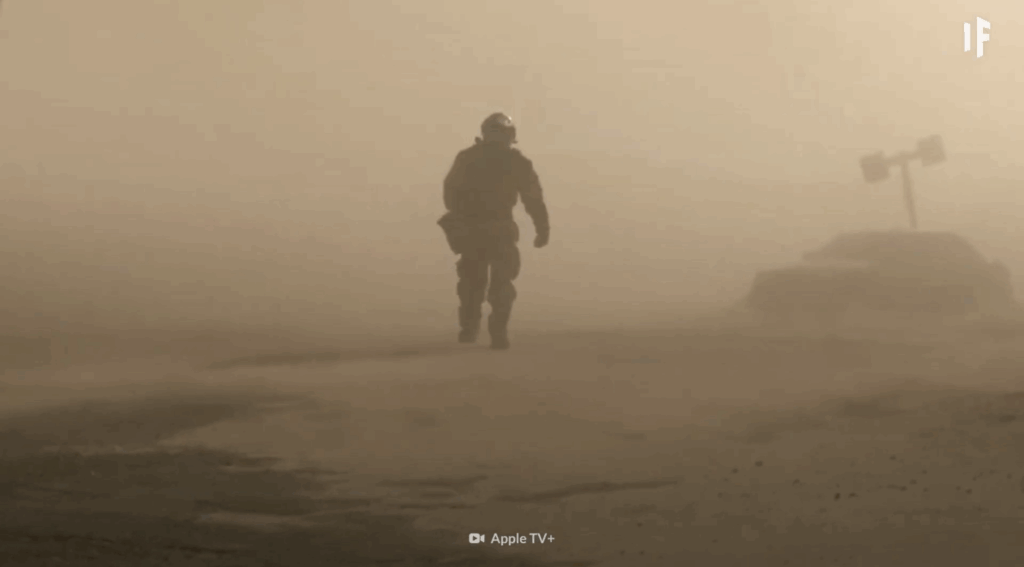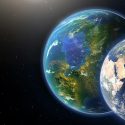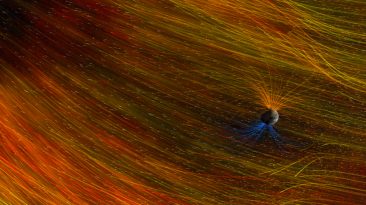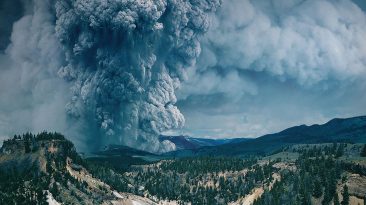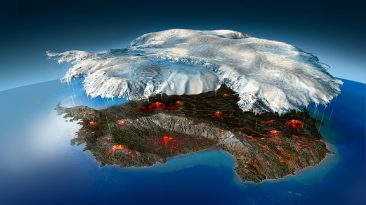When we imagine the far future, our thoughts often leap to space travel, artificial intelligence, and life beyond our planet. But what if we stayed on Earth and fast forwarded through the next one billion years?
Our planet has already changed dramatically over the past four and a half billion years and the future promises even more surprising transformations. Mountains will rise and fall, continents will collide, and Earth’s climate and atmosphere will shift in ways we can hardly predict.
Here are six incredible ways Earth could change in the next billion years.
1. In Just 100 Years, Coastal Cities Could Be Underwater
By the next century, the effects of climate change will be unavoidable. Sea levels are expected to rise significantly, putting major coastal cities like Miami, Venice, and Bangkok at risk. Millions of people could be forced to move inland, triggering major political and social disruptions.
Natural ecosystems would shift as well. Melting ice caps and changing weather patterns would transform rainforests and drive many animals to extinction. With more intense storms and extreme heat, Earth would already look and feel like a very different place within one lifetime.
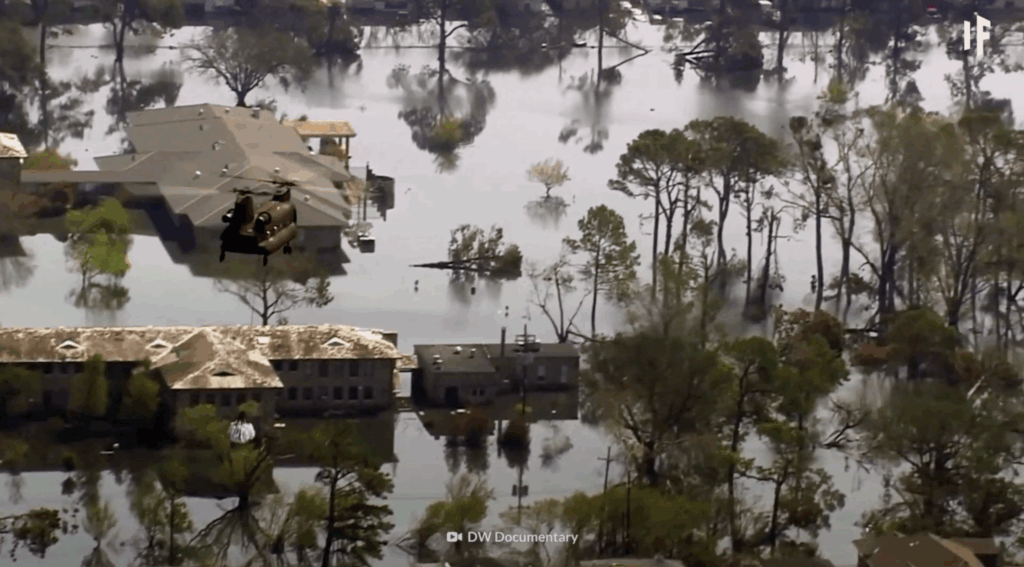
2. In One Thousand Years, A Massive Eruption Could Change the Climate
A thousand years from now, global warming might be interrupted by an even greater force, an eruption from a supervolcano. Yellowstone is one possible source of this kind of event.
If it erupted, it would send huge amounts of ash and gas into the atmosphere, blocking sunlight across the globe. This would lead to a volcanic winter that could damage agriculture, darken skies, and endanger many life forms. It might cool the planet for a time, but at great cost.
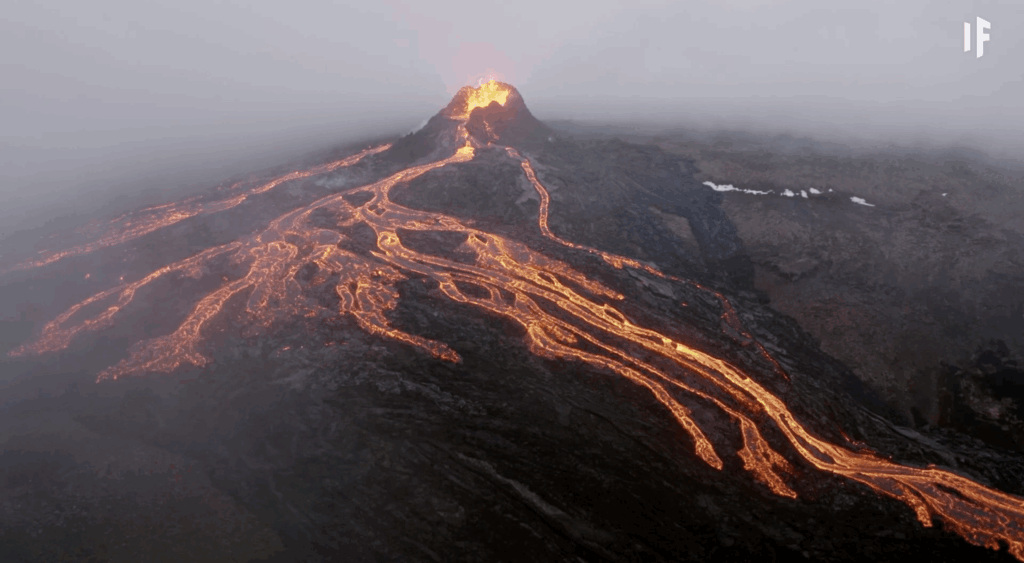
3. In Ten Thousand Years, Continents Would Begin to Reshape
Ten thousand years into the future, Earth’s geography would begin to shift in visible ways. Earthquakes, eruptions, and the movement of tectonic plates would push continents around and create new mountain ranges and inland seas.
The signs of modern human civilization would be buried deep underground. Cities, highways, and monuments would erode, collapse, or be overtaken by vegetation. Any future archaeologists, whether human or from another species, would have to dig far to find our remains and piece together the story of our time on the planet.
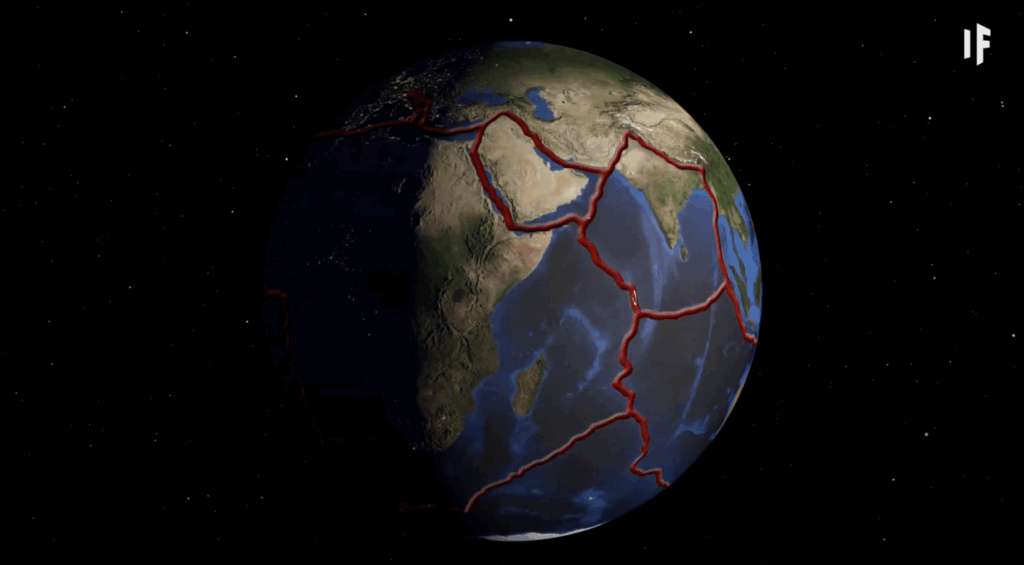
4. In One Hundred Thousand Years, Life Would Evolve Again
Over the course of one hundred thousand years, Earth could enter one or more ice ages. Massive sheets of ice would change the land again, carving valleys and creating new water systems.
New species would rise and fall. The dominant life forms might not resemble anything alive today, adapting to colder climates and harsher conditions. Even Earth’s orbit could change slightly due to the pull of other planets, which would alter our seasons and the length of each day. Life would continue, but it would look and function in ways that are difficult to imagine from our current perspective.
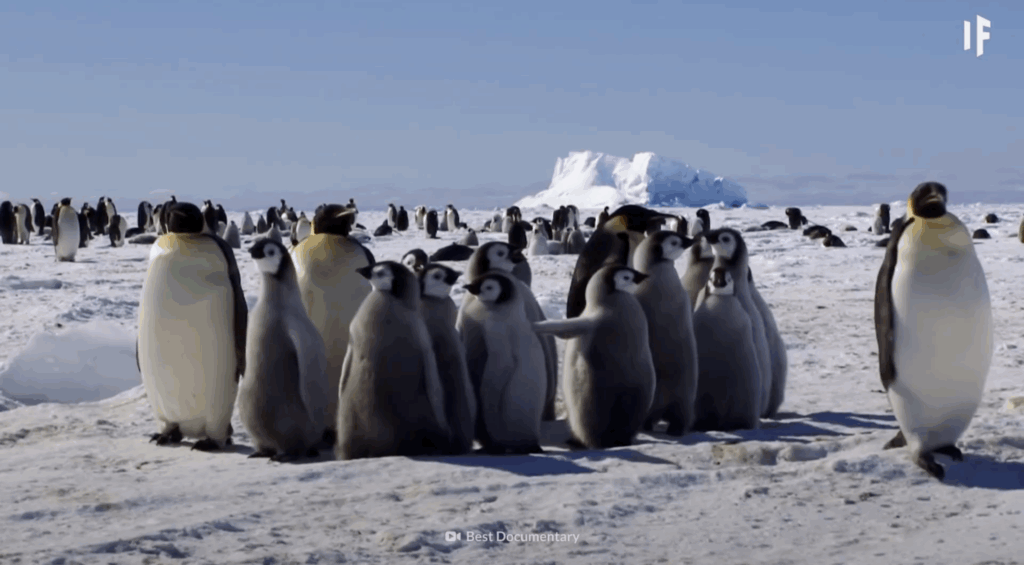
5. In One Million Years, Continents and Creatures Would Look Totally New
After one million years, Earth would be almost unrecognizable. The continents would have moved into completely new positions, creating unfamiliar landscapes and climates. Places like North America and Europe might disappear beneath the ocean.
In these new settings, new life would thrive. Advanced species may evolve, perfectly suited to their environments. Forests, deserts, and oceans would look nothing like they do today, filled with creatures that have adapted to entirely different pressures. Whether or not humans remain, nature would find ways to adapt and flourish in unexpected ways.
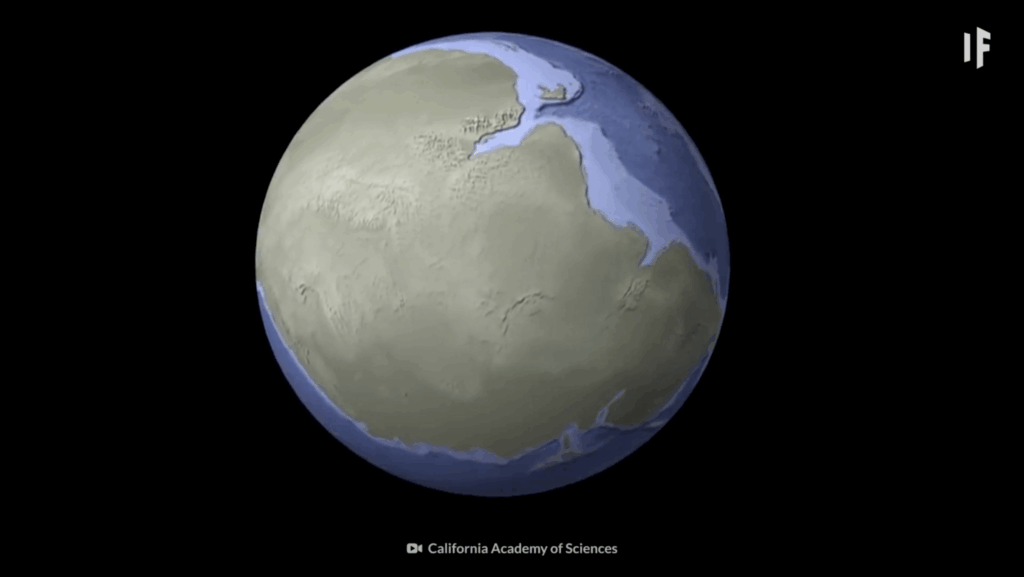
6. In One Billion Years, Earth Might Be Lifeless
Eventually, Earth will face the changes caused by our Sun. In one billion years, the Sun will shine ten percent brighter than it does today. This increase in energy would heat Earth so much that the oceans would boil away.
The surface would become dry and empty, similar to how Venus is now. Life could only survive far underground, away from the Sun’s intense heat. With hope, humanity or another intelligent species would have already moved to a new home elsewhere in the universe.
